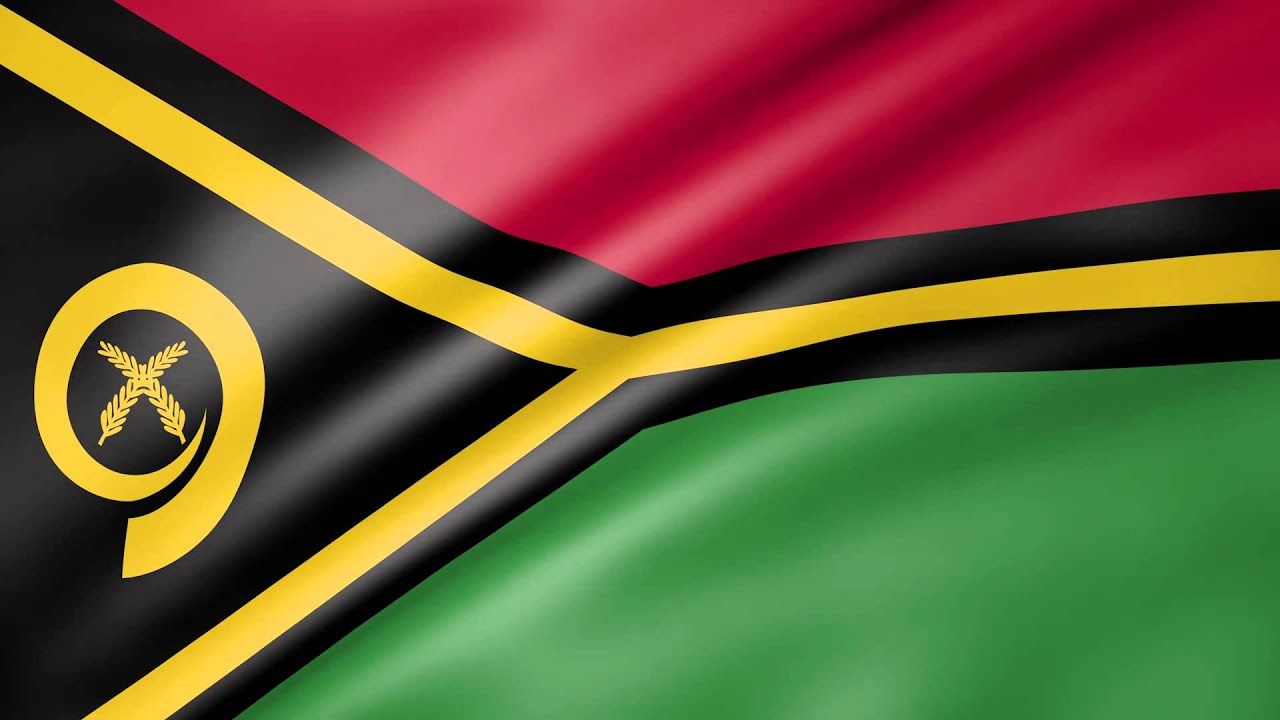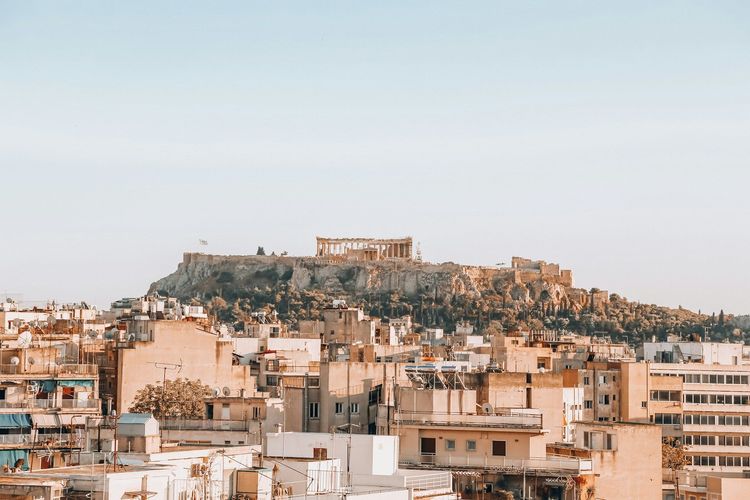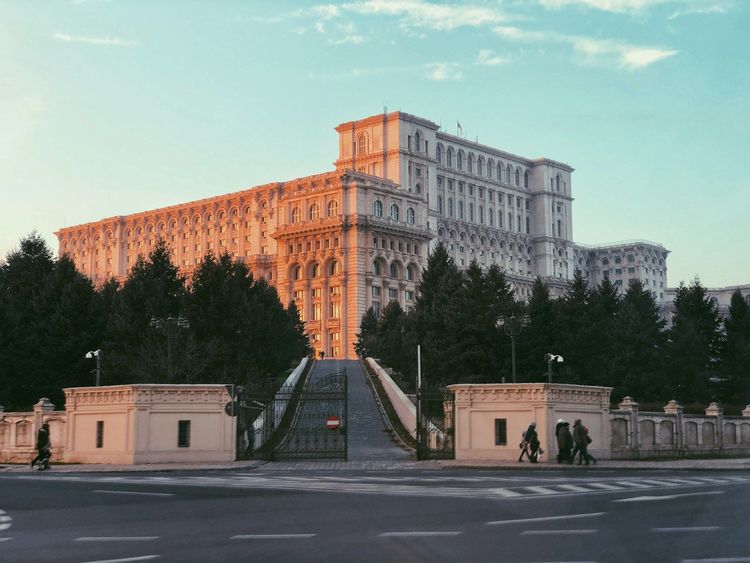Vanuatu is a culturally rich and diverse country, predominantly inhabited by Melanesians, who make up about 98.5% of the population. This group is often referred to as Ni-Vanuatu and is known for maintaining strong cultural traditions and ties to their ancestral lands. The remaining population includes Europeans, Asians, and other Pacific Islanders, making up about 1.5%.
The social structure in Vanuatu is largely tribal, with the majority of Ni-Vanuatu living in rural tribal villages scattered across the islands. These communities are deeply rooted in traditional customs and practices, which are passed down through generations. The country is home to more than 30 different tribes, each with its unique customs, rituals, and governance.
Linguistically, Vanuatu is one of the most diverse countries in the world, with over 115 local dialects spoken across the archipelago. This linguistic diversity reflects the complex social structures and histories of the various communities.
The Vanuatu passport provides citizenship programs, significant travel freedom, including the ability to travel freely to the United Kingdom, which adds considerable value for its holders, enhancing both their global mobility and access to international opportunities.



